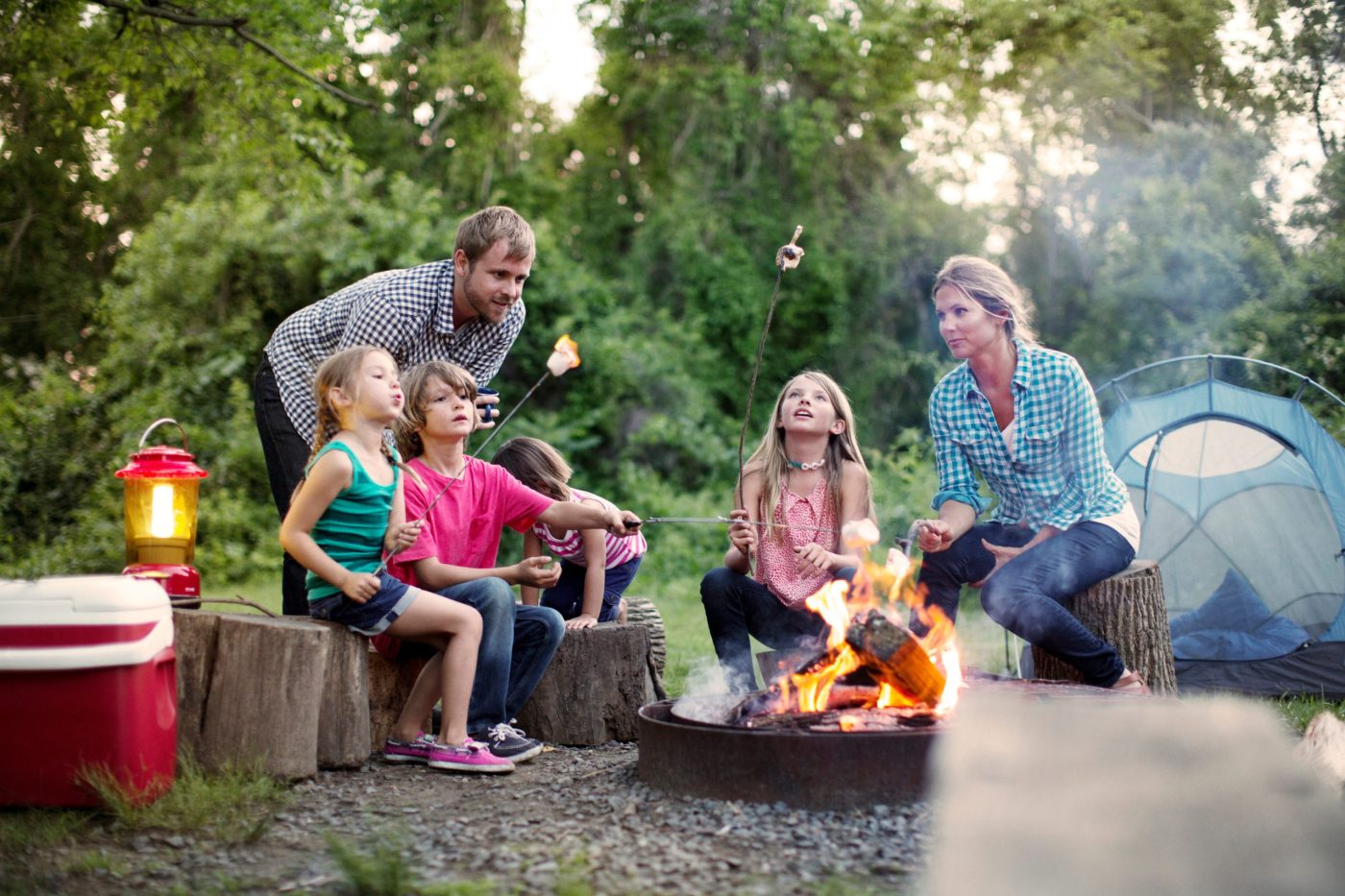Summer can be a joyful time of year, but some outdoor activities can be hard for some Veterans. It’s important to understand that Veterans with PTSD will have varying levels of tolerance for different activities and locations. There’s no one-size-fits-all answer, and what one Veteran finds manageable another might avoid altogether. Here are some common summer activities and locations that may trigger sensory overload in Veterans with PTSD.
Fireworks displays
Fireworks can be a real challenge for Veterans with PTSD, including:
- Sensory overload: Fireworks are loud, with booming sounds and bright flashes. These can mimic the sounds of explosions and gunfire that Veterans might have experienced in combat. The suddenness of the noise and light can be especially startling.
- Trauma reminders: For Veterans with PTSD, sights, sounds and smells can all become linked to their traumatic experiences. The sensory experience of fireworks can trigger flashbacks or intrusive memories of those events. This can be very overwhelming and upsetting.
Even if a Veteran knows the fireworks are safe and expected (like on the Fourth of July), their body may still react in a stressed or fearful way. This is because the body is designed to keep us safe from danger, and loud noises and bright lights can be signals of danger.
Helpful resources
- The National Center for PTSD has a page on this topic: National Center for PTSD Trauma Reminders Fireworks.
- VA also has information for Veterans on their website: How Your Fireworks May Affect America’s Veterans.
Crowded venues
Crowded places with loud noises and flashing lights—such as concerts, sporting events and amusement parks—can be challenging for Veterans. These environments can contribute to sensory overload in military Veterans, particularly those with PTSD or other trauma-related conditions. Here’s why:
Triggering fight-or-flight response
- Loud Noises: Explosions, gunfire and other loud noises are common occurrences in combat zones. When Veterans encounter similar loud noises in everyday life, it can trigger their body’s fight-or-flight response. This response floods the body with stress hormones like adrenaline, leading to increased heart rate, sweating and feelings of anxiety.
- Crowds: Crowded spaces can feel overwhelming and unpredictable, mimicking the chaos of combat situations. This can lead to feelings of claustrophobia, difficulty concentrating and a heightened sense of alertness.
Sensory overload
- Overwhelmed senses: Both loud noises and crowds bombard the senses with excessive stimulation. This can be overwhelming for Veterans who may already be struggling with heightened sensitivity to sights and sounds.
- Difficulty filtering input: Trauma can affect how the brain processes sensory information. Loud noises and crowds can make it difficult for Veterans to filter out unimportant stimuli, leading to a feeling of being overloaded.
- Sensory cues: Loud noises and crowds can act as triggers, bringing back vivid memories or flashbacks of traumatic events. This can be very distressing and disruptive.
Impact on daily life
These sensory issues can significantly impact a Veteran’s daily life. They might avoid crowded places like concerts, sporting events or even grocery stores. Loud noises like car alarms or construction work can also be very difficult to tolerate.
Alternative activities to consider
- Hiking in nature. Spending time in nature can be calming and help reduce stress.
- Camping can be a great way to relax and enjoy the outdoors in a less crowded setting.
- Fishing is a peaceful activity that can be enjoyed in a quiet setting.
- Visiting a local historical site or museum. This can be a fun and educational way to spend a summer day.
When choosing an activity, it’s important for Veterans to consider their own tolerance levels and what feels comfortable for them. If they’re unsure, it’s always best to err on the side of caution.
Additional tips for Veterans to enjoy the summer
- Go with a buddy. Having a friend or family member with you can provide support and help you feel more comfortable.
- Have an escape plan. If you start to feel overwhelmed, have a plan for how you’re going to leave the situation.
- Communicate your needs. Let the people you’re with know that you have PTSD and what might trigger you.
- Practice relaxation techniques. Deep breathing exercises and mindfulness meditation can help you cope with stress and anxiety.
By following these tips, Veterans with PTSD can still enjoy the summer months and create positive memories.
Importance of understanding
Understanding how loud noises and crowds affect Veterans can help create a more supportive environment. Simple things like offering noise-canceling headphones or being mindful of personal space in crowded situations can make a big difference.
About Robert A. McDonald
Bob McDonald served Procter & Gamble for 33 years with the last four as Chairman, President and Chief Executive Officer. During his tenure as CEO of P&G, Bob helped to expand the footprint of the company brands, such that one billion people became new customers of a company product.
Following his career at P&G, Bob was selected by President Obama in 2014 to head the Department of Veterans Affairs. While at the helm of VA, Bob was able to help transform the agency into one that truly delivered better care for our military Veterans. For more information about Bob, please visit https://www.robertmcdonald.com/.
Topics in this story
More Stories
The Social Security Administration is hoping to make applying for Supplemental Security Income (SSI) a whole lot easier, announcing it will start offering online, streamlined applications for some applicants.
Yusuf Henriques, an Army Veteran and former combat medic, is the founder and CEO of IndyGeneUS AI, a genomics company on a mission to improve health equity by increasing representation of women and racial minorities in clinical trials.
Online shopping scams are the riskiest scam for Veterans, with 77.3% of reports confirmed losing money when targeted by this scam.







If summer was only as simple as you relate it to us.